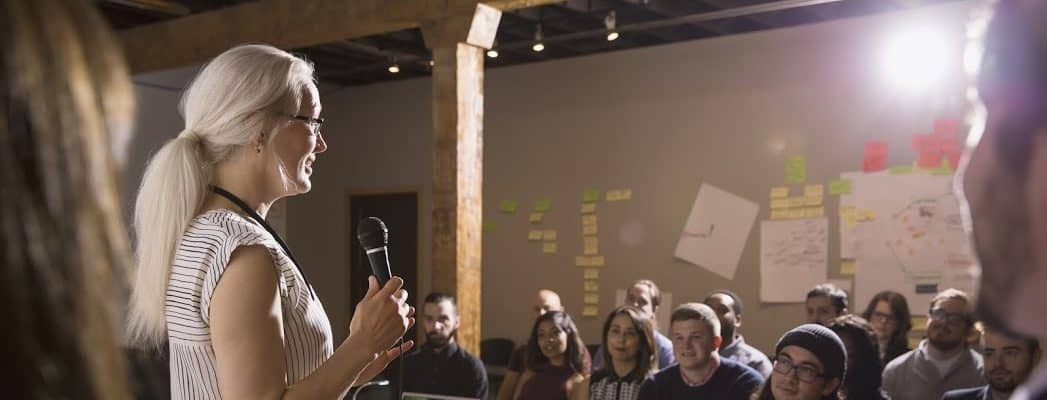Our latest Influential Women in Data session featured Brenda Le Sueur from Cambridge Assessments. Brenda has worked across many organisations and continents, but what has always been crucial to her is relationships – how we cultivate them, how we nurture them and how they, in turn, define us. I sat down with Brenda to ask her about her journey as a woman in tech and understand more about the impact of relationships on our career.
Did you get into technology via a traditional path?
Not at all! Technology first piqued my interest when I was working in a building society in South Africa and we’d recently installed cash machines to help alleviate the busiest times of day. So right on cue, one of them broke. As you can imagine, this caused chaos. After frantically typing in the error code it emerged there was something wrong with the rollers that dispense the cash. I found some elastic bands, tied them around a couple of things and hey presto it worked. That was the first time I remember thinking ‘tech is pretty cool.’ From there I went on to be a COBOL programmer and the rest, as they say, is history.
Who inspired you?
The Managing Director of our building society was pretty revolutionary and showed me the power of human connection. He wasn’t afraid to show his human side and two examples of this have always stuck with me. Bearing in mind this was South Africa in the 1980’s; he took an active stance that mortgages should be offered to everyone, regardless of race. He was also very clear that the staff pool should reflect the diversity of our client base.
Secondly, he believed the board shouldn’t be an anonymous ‘being’ that bore no relation to our everyday work, so a programme was initiated whereby every month we as employees submitted questions and the board would video record themselves answering. I remember feeling that I had a voice – that feeling is not something I’ve forgotten and I’ve tried to carry it with me throughout my career.
How important is it that we are heard in the workplace?
It’s so important. These days a video recording of a board answering questions sounds archaic but at that time it was forward thinking. That feeling of being heard is incredibly important and yet as women we can often be sidelined. To illustrate this, there was a research project by Brigham Young University and Princeton, which found that whilst women are slowly being better represented at board level, men still do 75% of the talking. This is a dynamic that the move to virtual meetings has unfortunately exacerbated, with 45% of women saying they find it hard to speak up in the virtual room. For me that’s not acceptable and I would encourage all women who don’t feel they are being heard to call it out. It’s not easy, it can be uncomfortable but it’s essential for driving change and we all have a part to play in doing so.
You talked in the webinar about the idea of a Chief Relationship Officer, can you tell us more?
It’s a role I heard about through listening to Esther Perel. We’ve moved from a society that was extremely structured, towards one that is much more fluid. As a result we’ve seen people become more uncertain and place a greater emphasis on relationships to enable us to be better versions of ourselves. By default this means we look at our relationships as if they are service agreements – am I getting a good experience? Is this what I signed up to?
This is what makes a CRO so important. They are someone who can help us to understand our world now and our place in it. No one is being taught to make decisions and we all need to be able to do this as well as understand how to deal with the consequences of our decisions – especially when you are working in data. It all comes down to relationships. And that is why how people treat others and how they work together are so important to me. You are only as strong as your team, they are the root of your success.
Decision making is so nuanced and not a innate skill that I think training is a great idea
Absolutely and these relationships are tied to so much of our work in data. As humans we are naturally biased, and it’s our relationships that shape these biases and also empower us to be aware of them.
Bias in data is something that we are becoming increasingly vigilant about. We have to be because there are so many ways we are biased without even realising we are. That’s why it’s important to build well rounded teams and ensure everyone – and I mean everyone – is heard, because it’s only by listening to all points of view that we can ensure we’re able to build software that best represents and benefits all of society.




I would want to Hear